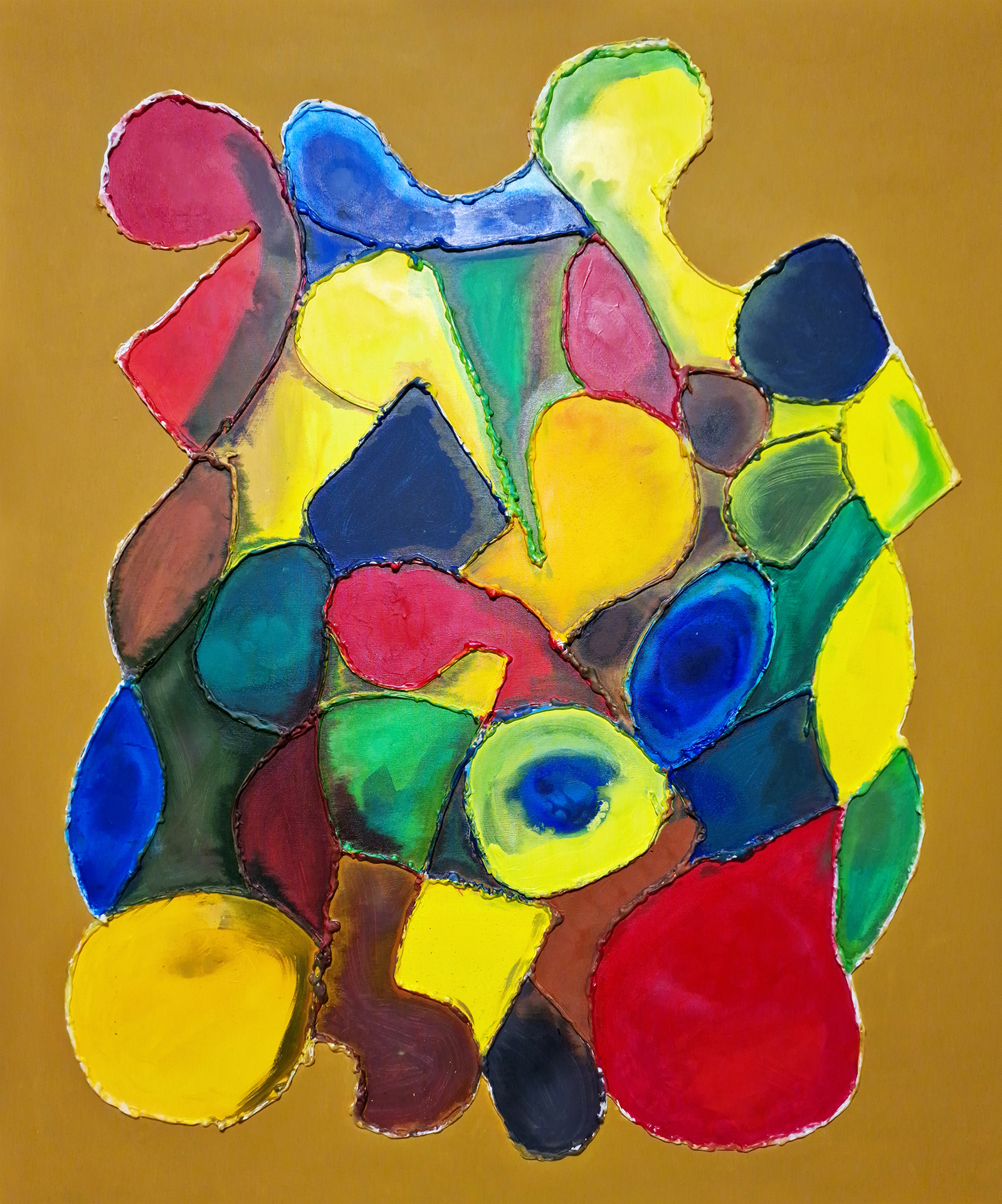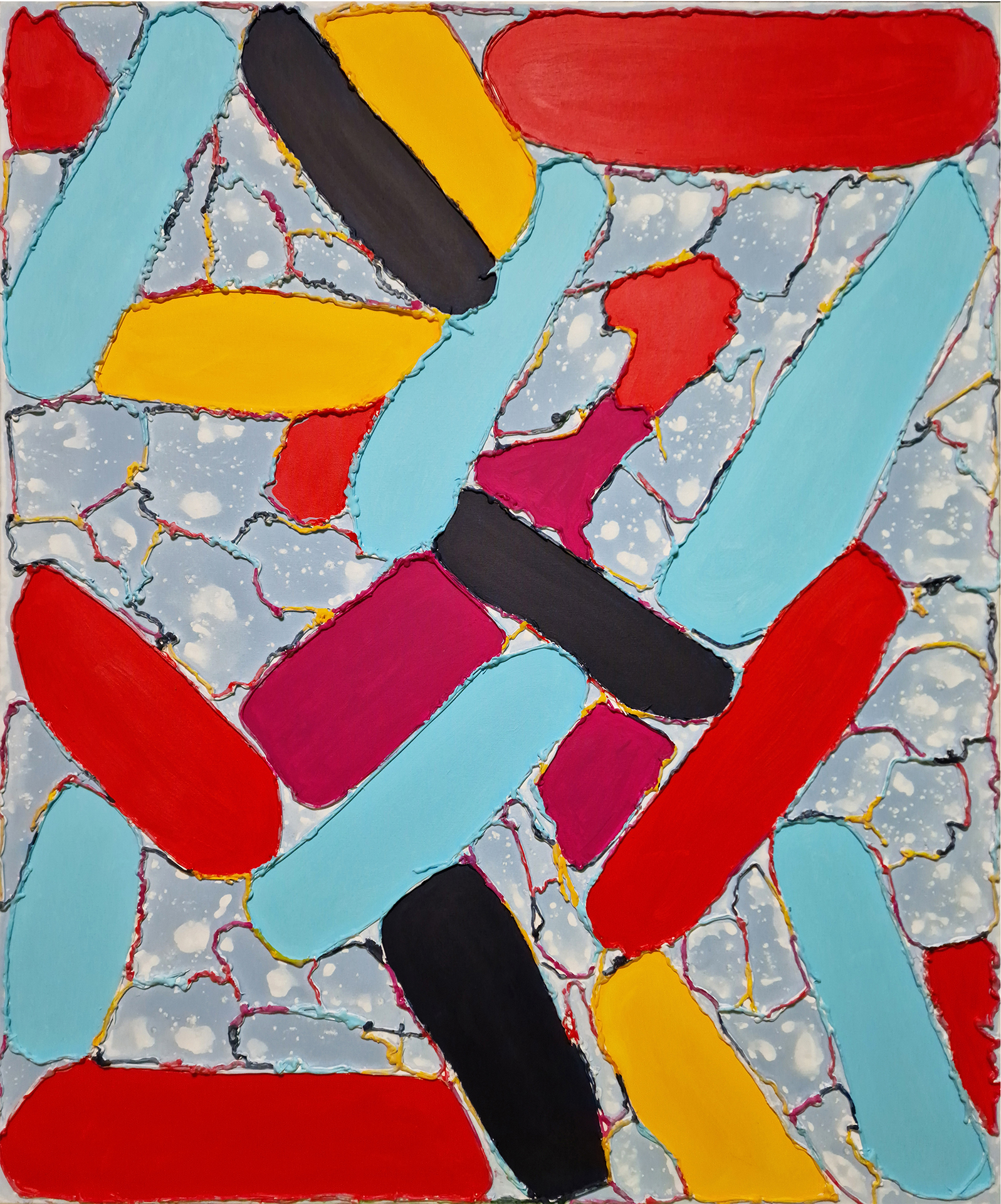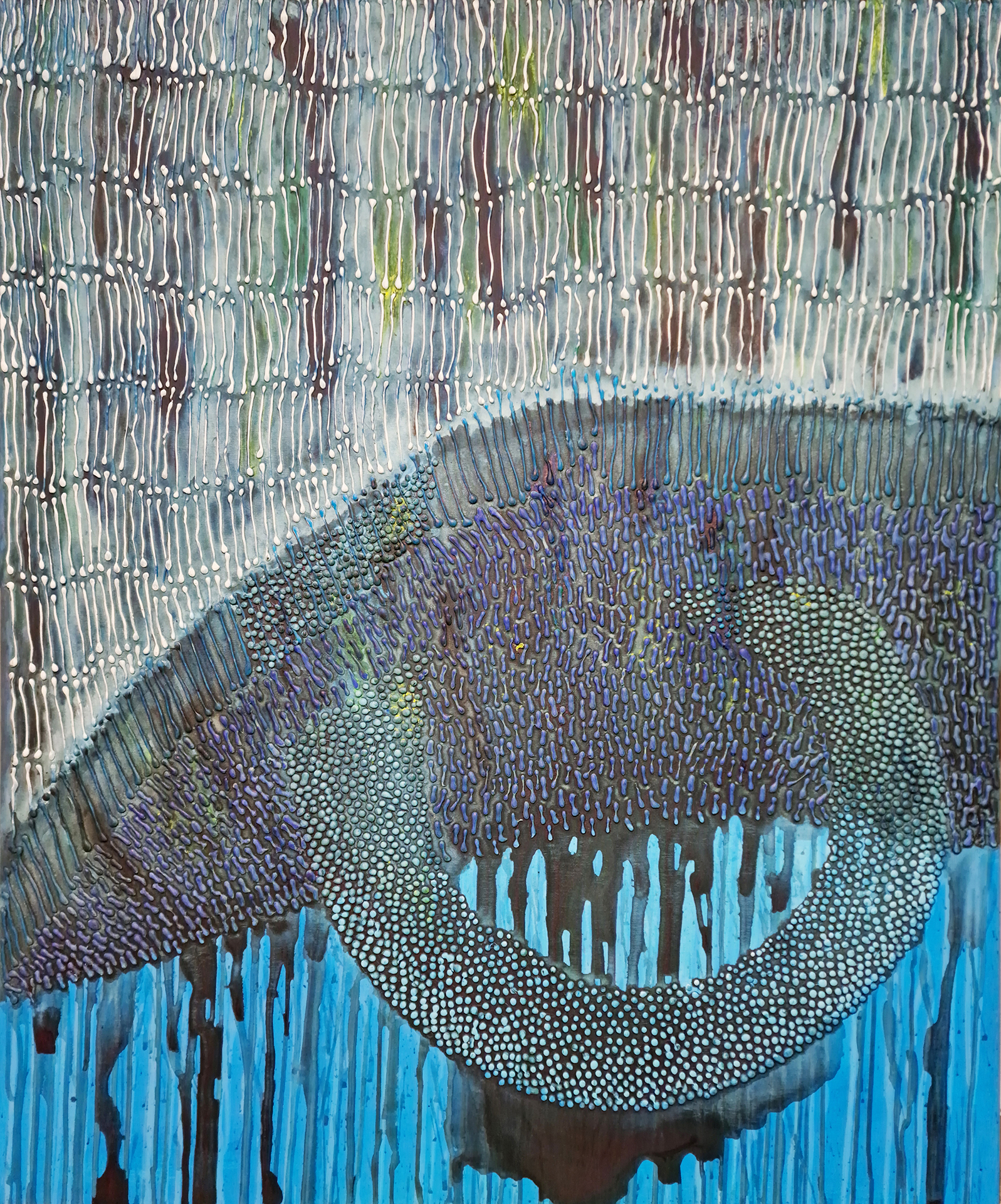Probably the most important condition for pop is that there must be a potential to actually be “liked”.
Regardless of whether it is kitsch or art, pop is only a form of “taste” if everyone wants it and the desire is expressed as a truly authentic feeling. Pop as a haven of the artificial, such is the paradox of this aesthetic, actually needs “authenticity” as a starting point. Unconditional empathy can then be recognized through observation as an eternal cycle of life or even as an endless Sisyphean task.
In a contemporary interpretation of pop as an aesthetic (New Pop), the original lack of interest, which is practiced by letting go of values, differences, judgments and boundaries, becomes an expressive aesthetic that is fed by personal experiences, stories and attitudes. Pop becomes a form of personal expression.
(taken from Annette Geiger, Pop as aesthetics? On the attack on genre boundaries in art and popular culture)
Die wohl wichtigste Bedingung für Pop liegt also darin, dass ein Potential vorhanden sein muss, tatsächlich „gemocht“ zu werden.
Ganz gleich ob es sich um Kitsch oder Kunst handelt, Pop ist somit auch nur dann eine Form von „Geschmack“, wenn ihn jeder haben will und sich das Verlangen als ein tatsächlich authentisches Gefühl äußert. Pop als Hort des Künstlichen, so das Paradox dieser Ästhetik, braucht tatsächlich „Echtheit“ als Ausgangspunkt. Die bedingungslose Empathie kann dann in der Beobachtung als ewiger Kreislauf des Lebens oder gar als unendliche Sisyphusarbeit erkannt werden.
In einer zeitgemäßen Interpretation von Pop als Ästhetik (New Pop) wird aus der ursprünglichen Interesselosigkeit, die durch Loslassen von Werten, Differenzen, Urteilen und Grenzen praktiziert wird, eine ausdrucksstarke Ästhetik, die sich aus persönlichen Erfahrungen, Geschichten und Einstellungen speist. Der Pop wird zu einer Ausdrucksform des Persönlichen.
(nach Annette Geiger, Pop als Ästhetik? Zum Angriff auf die Gattungsgrenzen in Kunst und Populärkultur)











